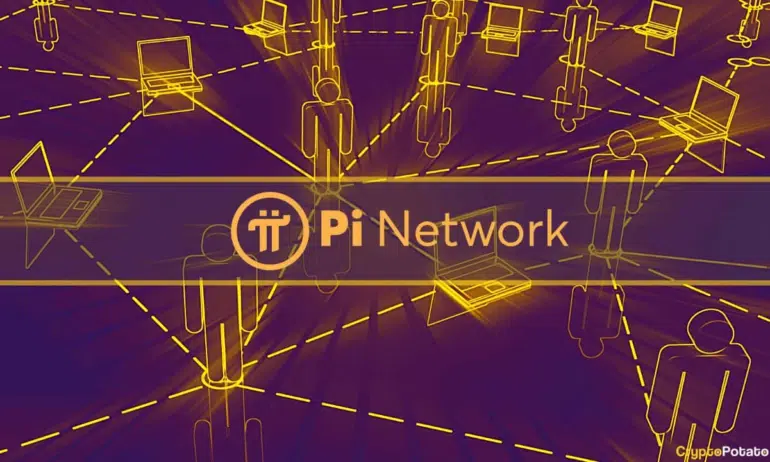The Pi Network, a blockchain-based platform that has garnered significant attention in recent years, has been making strides towards its highly anticipated Mainnet migration. However, many Pioneers have been wondering why the process seems to be taking longer than expected. In this article, we’ll delve into the reasons behind these delays and shed light on the intricate steps involved in ensuring a smooth migration to the Pi Network’s Mainnet.
1. Wallet Verification Checks: One of the primary reasons behind the delay lies in the meticulous verification process of Pioneer wallets. Before proceeding with migration, the Pi Network team conducts a critical check to ensure that the Pioneer has confirmed a wallet exclusively for migration. If it’s discovered that the same wallet address has been confirmed by another Pioneer, the transfer is temporarily blocked. This precaution is in place to maintain the integrity of the migration process and prevent any potential conflicts.
2. Manual Handling of Large Balances: Another significant factor contributing to the delay is the manual handling of large balances. To ensure the safety and security of the Pi Network, the Core Team has opted to transfer these substantial balances manually. While this adds an extra layer of security, it also means that there isn’t a specific timeline in place for when these large balance migrations will occur. This cautionary approach reflects the team’s commitment to safeguarding Pioneer assets.
3. Additional Checks: Even after passing all initial verification steps, Pioneers’ accounts are subject to further checks before the Mainnet transfer. These checks encompass a range of considerations, including sanctions checks and revaluation of KYC (Know Your Customer) status. These additional safeguards are vital to ensuring that the network remains compliant with regulations and secure for all users.
4. Minimum Balance Requirement: Lastly, migration may be paused if a Pioneer’s account has a transferable balance lower than the minimum requirement dictated by the blockchain. This measure ensures that the migration process aligns with the blockchain’s specifications.
It’s important to note that if a Pioneer’s account is flagged for additional review during these checks, the Core Team takes the time to thoroughly investigate the case. They then update the Pioneer’s status based on the results of these supplementary checks. This commitment to due diligence is integral to maintaining the network’s health, security, and compliance.
For those Pioneers who have been patiently awaiting their Mainnet migration, it’s likely that they fall into one of these categories subject to the mentioned checks. The Pi Network Core Team is diligently working to comply with regulations, meet KYC requirements, uphold Pi policies, safeguard network health and security, and ensure that genuine Pioneers can securely access their Pi.
The Mainnet migration process may seem to be taking longer than expected, it is essential to recognize that these delays are a result of the rigorous steps taken by the Pi Network Core Team to ensure a safe and compliant transition to the Mainnet. As the team continues to navigate these complexities, Pioneers can rest assured that their assets are being handled with the utmost care and diligence. Read Something Similar













I’ve been waiting for two months now still no response from pi